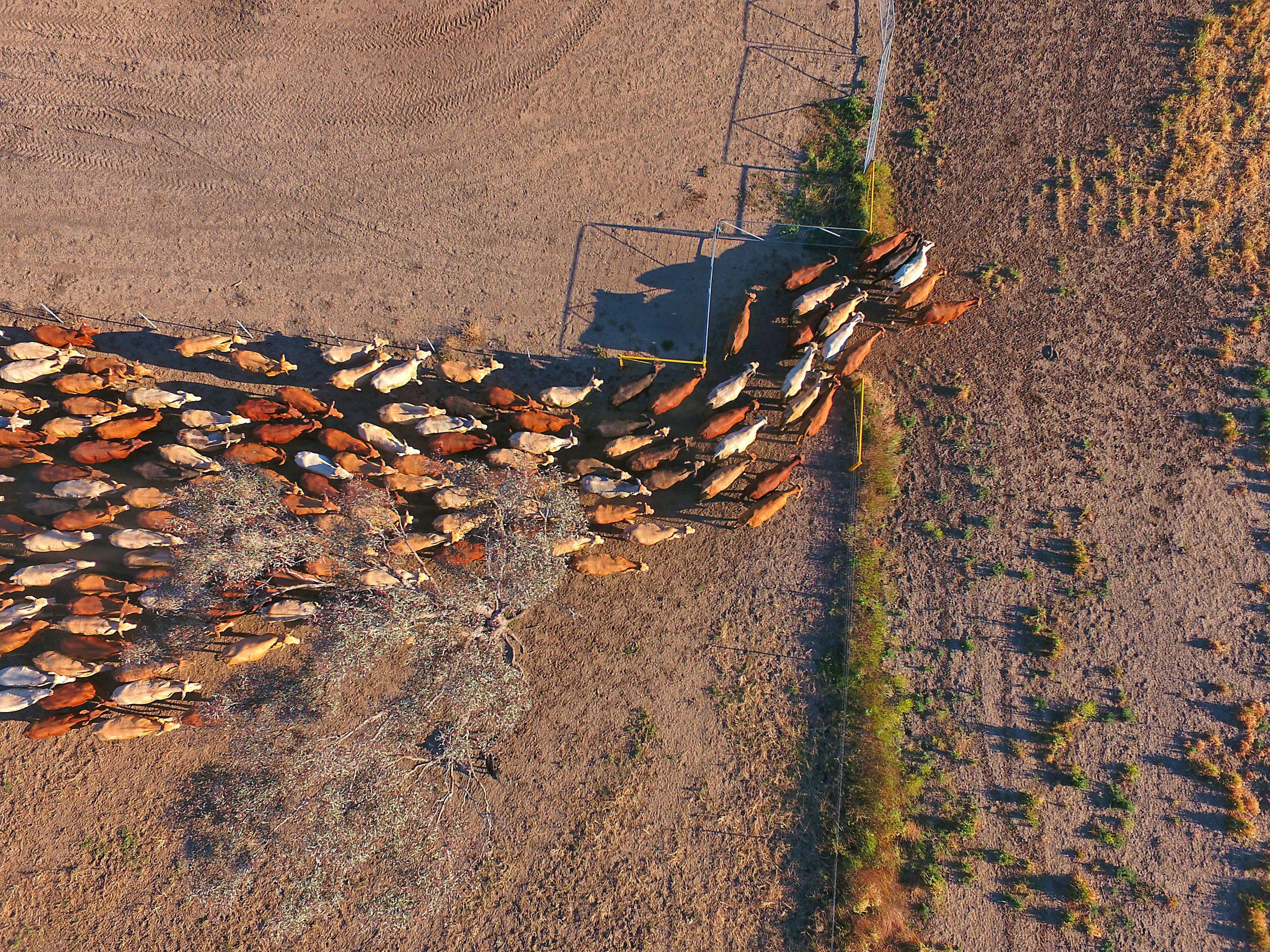It is widely recognized that a meaningful climate transition will require systemic transformations in the global energy and transportation sectors, resulting in new sources of risks. For example, investors are increasingly aware that oil, coal and gas reserves are likely to become “stranded assets,” i.e., assets whose values deplete or become unusable under climate transitions.
But climate transitions and their impacts are not limited to the energy and transportation sectors. Global agriculture, which contributes 23 percent of anthropogenic greenhouse gas (GHG) emissions globally, are similarly exposed. Agricultural activity is also a key driver of forest loss, especially in the case of palm, beef, and soy, which jointly account for 36 percent of global deforestation. Yet, these sectors are largely overlooked by investors assessing climate transitions owing to a lack of awareness, inadequate measurement tools, the sector’s complexity, and the absence of reliable data, among other factors. Of 24 capital providers recently surveyed by Orbitas–all of whom had tropical commodity exposure–not even one had screened their loan books and/or investments for agricultural transition risks.
To address this oversight, Orbitas has released the findings of the world’s first scenario analysis of climate transitions for this sector in our report, Agriculture in the Age of Climate Transitions. We find that climate transition risks are material for financiers of tropical agriculture, just as they are for energy or transport investors. To emphasize the scale of these risks:
- Growth strategies premised on converting forests into farmland have no future: In a world that adequately limits global temperature from rising, up to 600 million hectares of agricultural land – or over 10% of agricultural land globally – would revert to forests.
- Companies relying on expansion into forested lands face significant asset stranding: In Indonesia, up to 76% of unplanted forest concessions and 15% of existing palm oil assets could be written-down or off under a meaningful national climate transition.
- Greenhouse gas pricing and/or regulations will disrupt agricultural business models; global palm, beef, and soy producers alone face $19 billion in additional costs.
- Opportunities to create value and generate profitability exist if producers strategically invest in regenerative agriculture and diversifying revenue streams: If Indonesian palm oil companies invest sustainably, climate transitions could boost the palm oil industry’s value by US$9 billion. In Colombia, potential carbon sequestration revenues of up to US$485/hectare could dwarf current cattle ranching profits.
Optimal industry expansion and contraction across scenarios
What does this mean in practice? Our analysis of Indonesia’s palm oil sector finds that climate transitions require a shift from incumbent companies under different scenarios. The interactive below examines one factor – milling capacity. The increased intensity of climate transitions results in milling capacity going offline, as production shifts to optimized locations over future time periods under selected Orbitas climate scenarios.Forest Cover
The effect of climate transitions is also obvious by looking at environmental indicators. Because deforestation is a significant contributor to global greenhouse gas emissions, our more ambitious scenarios find substantial growth in global forest cover. Narrowing in on Indonesia, the interactive below shows the difference in forest cover across scenarios and over time.
*Note: Analysis is based on the most recent publicly available concessions data (around 2015) from Greenpeace. This data may not fully reflect current conditions, and Orbitas has already identified inaccuracies through engagement with the Indonesian palm oil industry. Nevertheless, this data provides useful indications of the magnitude of risks, and Orbitas is continuing to work with industry experts to ensure that modeling is based on best available data.
